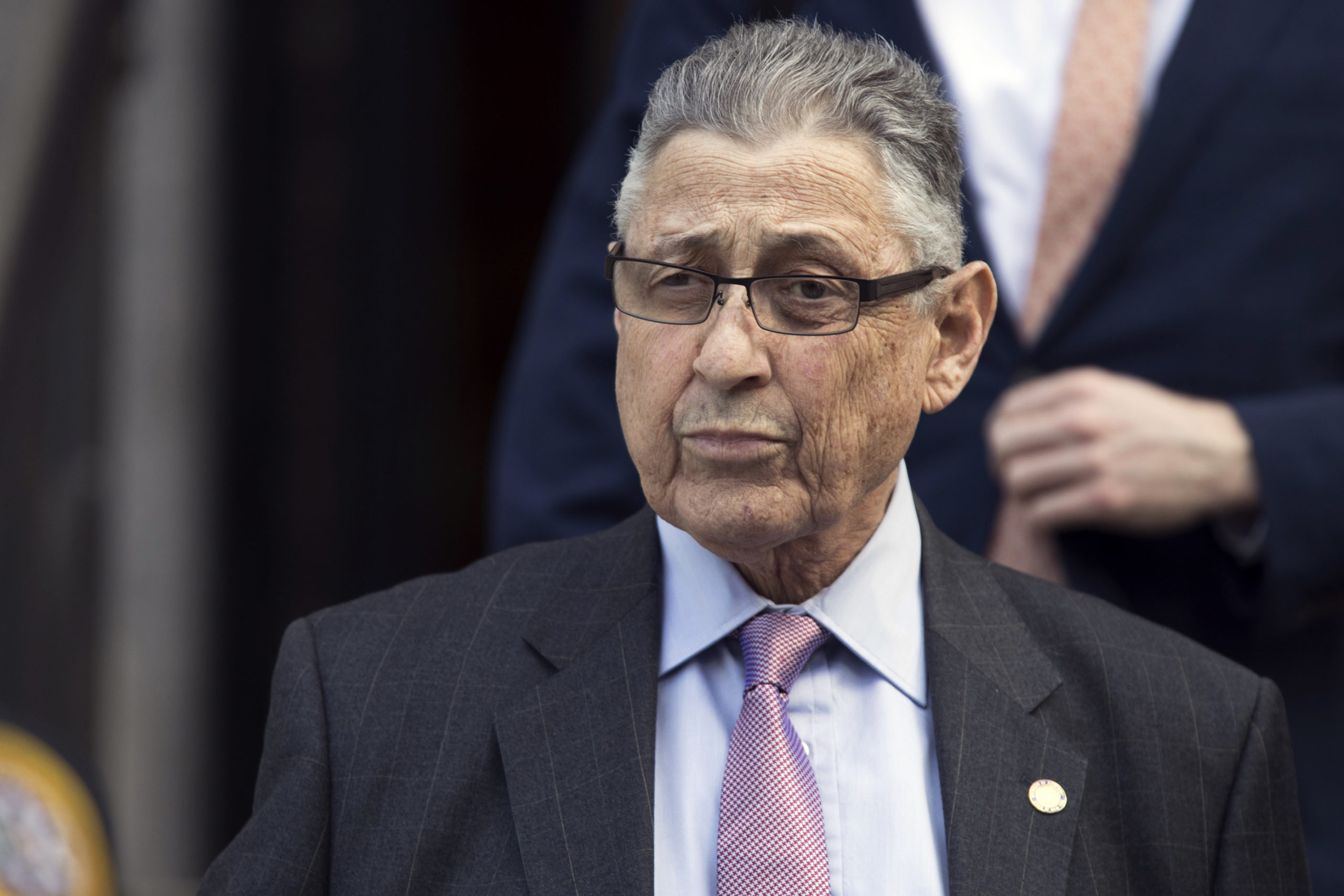Sheldon Silver, NY power broker sent to prison, dead at 77

Former New York Assembly Speaker Sheldon Silver, a Brooklyn Law School graduate and one of the most powerful figures in state government for two decades before his conviction on corruption charges, has died in federal custody. He was 77.
Silver died Monday. The source could not discuss the matter publicly and spoke to AP on condition of anonymity.
The Manhattan Democrat, who told a judge he prayed he would not die in prison, had been serving a more than six-year sentence in federal prison.

Brooklyn Boro
View MoreNew York City’s most populous borough, Brooklyn, is home to nearly 2.6 million residents. If Brooklyn were an independent city it would be the fourth largest city in the United States. While Brooklyn has become the epitome of ‘cool and hip’ in recent years, for those that were born here, raised families here and improved communities over the years, Brooklyn has never been ‘uncool’.